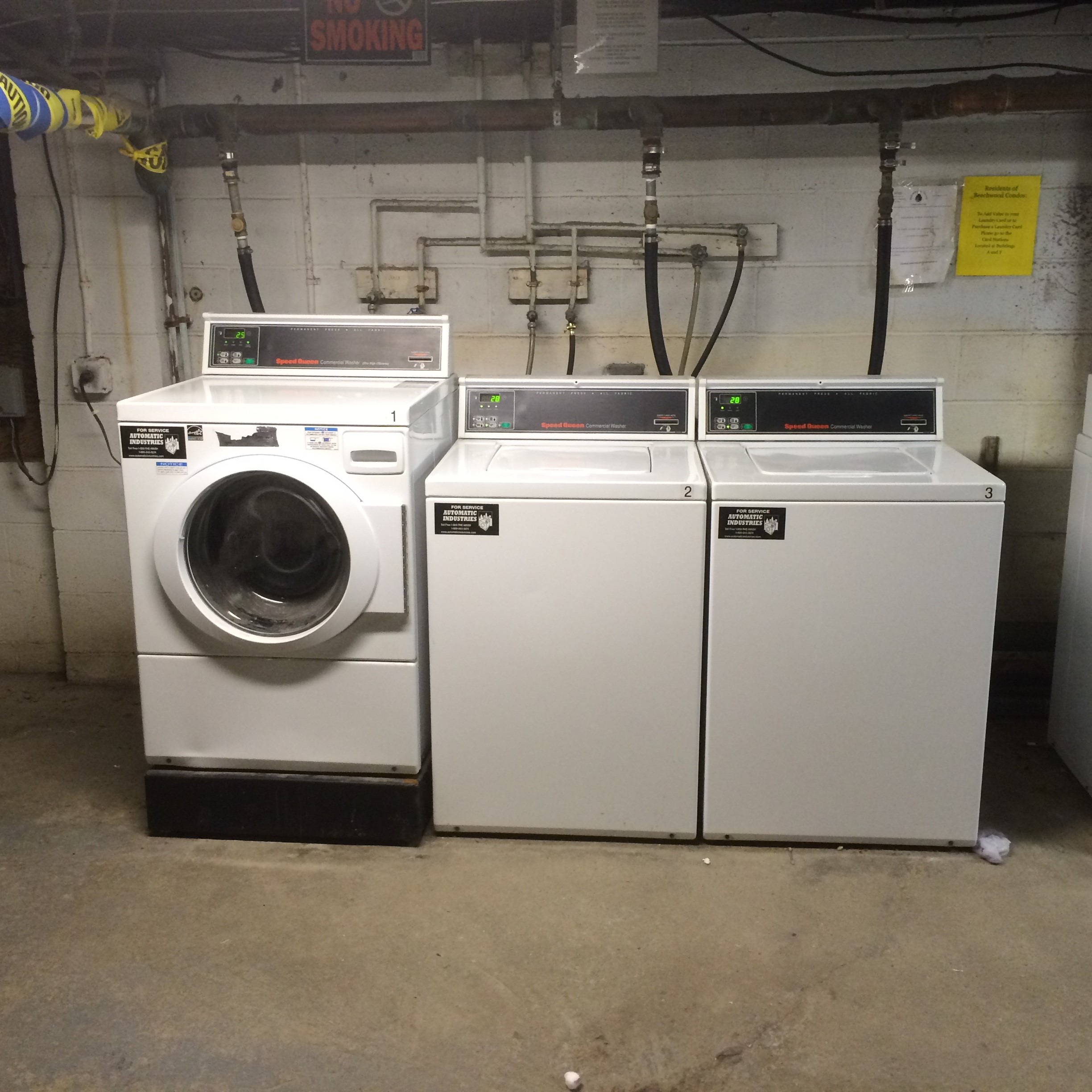 Once upon a time my wife picked up a shirt I had on a pile in a basket on the floor and asked “Is this shirt clean or dirty?” To which I replied “You tell me.” She took a good look at the shirt, gave it a couple of sniffs. “Ah, clean” she said. “Good” I took the shirt, folded it, and put it in my drawer. “I wore that shirt yesterday you know.” I said. “Ew, dirty. Get it out of there and into the hamper.” she interjected.
Once upon a time my wife picked up a shirt I had on a pile in a basket on the floor and asked “Is this shirt clean or dirty?” To which I replied “You tell me.” She took a good look at the shirt, gave it a couple of sniffs. “Ah, clean” she said. “Good” I took the shirt, folded it, and put it in my drawer. “I wore that shirt yesterday you know.” I said. “Ew, dirty. Get it out of there and into the hamper.” she interjected.
Argh. What makes a piece of clothing dirty? The fact that it has already been worn since its last washing? I don’t thing so. Are we not really just concerned about the cosmetics of our clothes anyway? How they look, smell, and feel. Unfortunately no.
Unfortunately so many of us are also concerned about “tiny yuckies.” So many of us have been socialized into believing that after an article of clothing is used once it is infected with tiny micro-organisms, sweat, and other elements. Now all of this is 100% true. But you know what else ….. SO WHAT. None of these “tiny yuckies” are in any way doing us any harm. The American standard of living (mostly shaped by corporate America) has influenced upon us a ridiculous and unnecessary standard for cleanliness. This is no doubt in an effort to give us a heavy toiletry supply, and heavy supply turnaround.
How do we combat this? easy. Change our definition of what we consider “clean” and what we consider “dirty”. If a piece of clothing smells good, looks clean, and feels normal: it is clean. If not, then it’s dirty. Simple. Honestly, we mostly only wear clothes for cosmetic reasons, so why should we be concerned about anything more than the cosmetics of them anyway? We also wear clothes for personal shelter reasons, but I’m pretty sure that the “tiny yuckies” will have nil effect on this function.
Furthermore, this same logic can also be applied to us, not just our clothes.
Altering our perception to this more realistic concept of what is “dirty” has the clear benefit of freeing up space, time, and money. To elaborate: We will have fewer laundry chores, less laundry soap, less shopping for laundry supplies. There is also the hidden benefit that by cleaning our clothing less, we actually extend the life or our clothes. Those dust particles in the lint trap didn’t come from nowhere; they are the ripped off remnants of our clothes.
Being overly cleanly has adverse effects on our bodies as well. Particularly our face and hair. So many of us use special soap and moisturizers on our faces to keep a clean and youthful look. But what we may not realize is that those moisturizers and soaps do more harm than good. Without even considering the adverse effects of the potential chemicals in these soaps and moisturizers, soap cleans too much. That’s right, soap cleans TOO much. It washes off the dirt, yes, but it also washes off the bodies natural oils necessary to protect the skin. And wouldn’t you know it, those natural oils do a better job at keeping the skin protected and “young” than any moisturizer can.
So it turns out the only reason we need moisturizer is because our harsh soaps are damaging and drying out our faces. So, lets not wash our faces so much. And when we do, use a gentle natural soap. We also wash our hair every time we take a shower. Doing so robs the hair of IT’S natural oils keeping the hair silky, smooth, and strong.
So we should apply the same rule to our bodies as we do our laundry: If it feels, looks, or smells dirty, clean it. If not, don’t. With this simple change in perception, we will free up a little money, a little space, and a whole lot of time.

